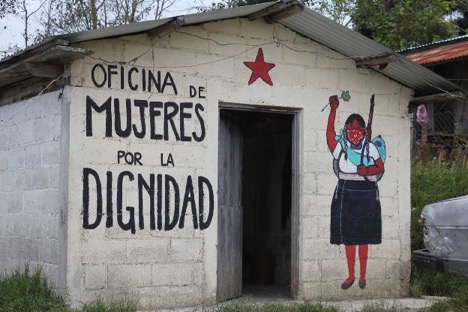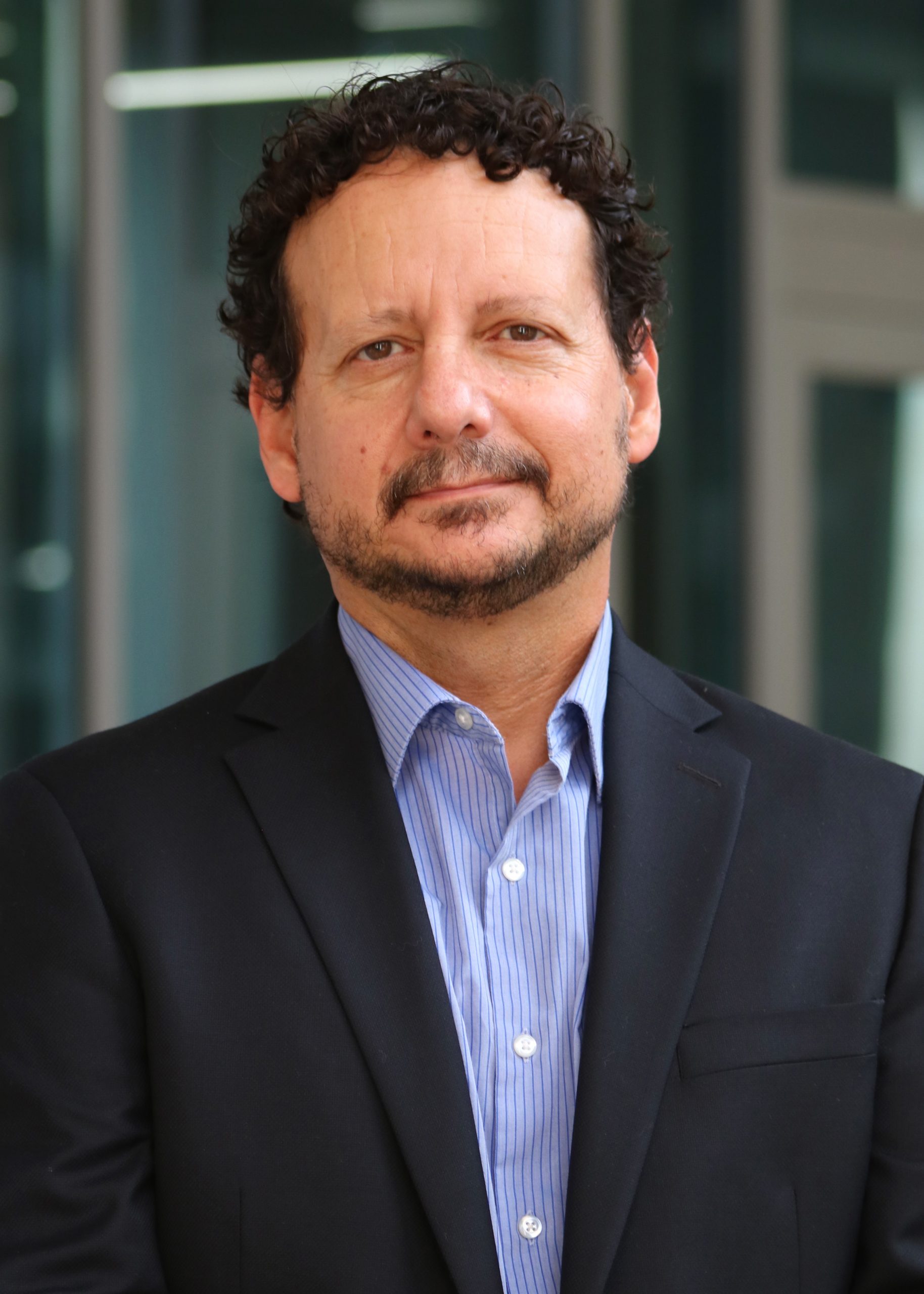How can we more effectively combat social injustices?
Gregory Fernando Pappas, a professor of philosophy, is using his National Humanities Center Fellowship to find more effective ways to combat social injustices.

By Rachel Knight ‘18

Gregory Fernando Pappas, a professor of philosophy at Texas A&M University, is researching and writing the first book of its kind aimed at reframing our approach to combating social injustices.
Sometimes old problems require new solutions. That’s why Gregory Fernando Pappas, a professor of philosophy at Texas A&M University, is researching and writing the first book of its kind titled Injustice: An Inter-American and Community of Inquiry Approach aimed at reframing our approach to combating social injustices.
Pappas’ approach starts by looking at the circumstances in which we currently live. His research is uncovering creative new ways to battle recurrent and intractable injustices that have continuously shaped American history and American lives. His groundbreaking efforts recently received a boost in the form of a 2021 National Humanities Center Fellowship. Pappas is one of only 36 fellows selected from 638 applicants worldwide for the upcoming academic year.
We talked to Pappas about his research, fellowship, and upcoming book to learn more about how we can more effectively combat social injustices. We hope you find the following Q&A, which has been condensed and edited for clarity, enlightening and inspiring.
I understand the book is titled Injustice: An Inter-American and Community of Inquiry Approach. Tell me a little more about it.
This project is inter-American in drawing from philosophies and grassroots community organizing/activism across the Americas. For example, the resilient and self-sustaining communities found in three places in the Americas: Detroit (Boggs Center), Adjuntas, Puerto Rico (Casa Pueblo), and Chiapas, Mexico (Zapatistas communities), have experimented with community-based transformative justice in all spheres of life from police and the justice system to health care, economy and education. There is a lot we can learn from them.
The book project will be full of proposals about how we should and should not proceed in trying to tackle our worst injustices. I argue that we should approach injustices in the same way we should approach some of our worst illnesses. Like cancer, injustice is complex, caused and affected by multiple environmental factors and conditions, and tends to stay hidden even as it evolves. This calls for a very rich and demanding view of the sort of character of the inquirers, their interaction, and the disciplines that are needed to ameliorate injustices. I propose what I coined as a “community of inquiry” approach as the preferred way to attend to problems of injustice and the erosion of democratic living.
In a community of inquiry approach, communities, advocates, academics, and policy makers work together to diagnose and resolve specific manifestations of injustice. Such problems as poverty, mass incarceration, educational inequities, police treatment, sexism, and structural racism require inquirers with a plurality of knowledge perspectives and tools, who learn from each other as they tackle the concrete problem in a democratic and experimental process of inquiry.
The rigorous multidisciplinary research in universities on the historical and sociological causes of injustices is necessary but not sufficient. I argue that there is communal wisdom and philosophical reasons for inverting the traditional model of inquiry of injustice in the academy and cities in a much more bottom-up democratic direction than our current taken-for-granted practice. Those most directly affected by the injustice must have an active role in guiding the entire process of inquiry. If universities in the 21st century are to serve the public good, they must not just export or apply self-produced knowledge, but create knowledge with those outside them.
What inspired you to research this topic?
My current research project has emerged as a citizen concerned with the never-ending problems of injustice (e.g., racism, xenophobia, sexism, inequities of educational and health resources, gentrification, homelessness, and segregation) found all over the United States. The current pandemic and the recent cases of police brutality have exposed even more clearly the social-systemic injustices that have been around for a long time, but that continue to undermine the social fabric of our communities, cities, and what is left of our democracy.
What is just as problematic is the level of polarization and disagreement that exist today about what we should do about these concrete problems. There is a growing consensus that after the stage of protest there needs to be some significant changes in order to ameliorate racial and other systematic injustices. What sorts of changes are needed if we are to not just survive, but to live a better life?
Many agree that a radical change is needed. However, there is disagreement about what sort of changes are needed and the exact proper means. Some are advocating for changes in law, policy, and political leadership; others think we need local changes at the level of institutions and material conditions. Others think that radical change will not happen unless we address the problem at the level of the economic-political national and global system we all live in, such as neoliberalism. Meanwhile, others think we need to change peoples’ moral character (“hearts”) and our relationships with others.
What drives your passion for your research?
As a philosopher I realize that behind these disagreements there are some philosophical questions worth asking and exploring. These questions led me to try to answer other related questions, too.
In search of answers for these questions, I engaged in a prolonged inquiry that was facilitated by receiving the first Distinguished Fellowship from the Latino Research Institute at the University of Texas at Austin. During my fellowship year, I investigated attempts by policy makers, academics, and community groups to inquire into and ameliorate structural injustices. I became aware of the limitations of each, and the potential of coming together to ameliorate local injustices. My book project is the result of integrating the lessons I learned from my inquiry into the academy, city task forces, and community activist organizations.
What does being a 2021-2022 National Humanities Center Fellow mean to you?
The National Humanities Center is the world’s only independent institute dedicated exclusively to advanced study in all areas of the humanities. The center promotes understanding of the humanities and advocates for their foundational role in a democratic society and my project is all about democracy.
It is an honor to be selected from an extremely competitive group of applicants and to have the unique opportunity to work on my book project, get feedback from leading scholars in all areas of the humanities from the U.S. as well as from Germany, Greece, Hong Kong, Nigeria, and Taiwan. I am looking forward to having the opportunity to share ideas in seminars, lectures, and conferences at the Center.
